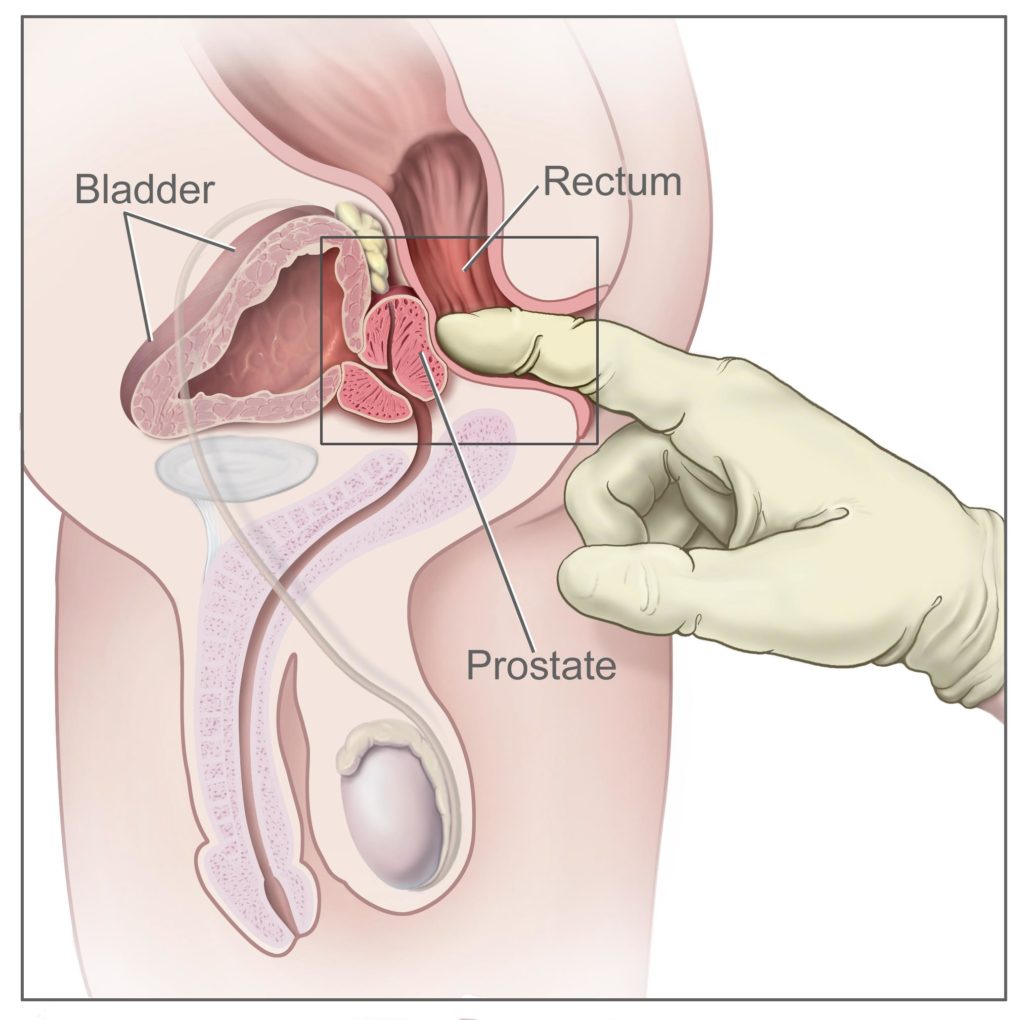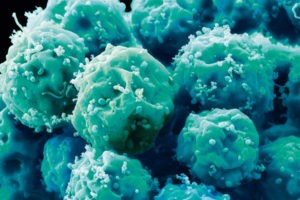
Diagnosed with Cancer? Your two greatest challenges are understanding cancer and understanding possible side effects from chemo and radiation. Knowledge is Power!
Learn about conventional, complementary, and integrative therapies.
Dealing with treatment side effects? Learn about evidence-based therapies to alleviate your symptoms.
Click the orange button to the right to learn more.
- You are here:
- Home »
- Blog »
- Healthy Living Products »
- Vitamin E Inhibits Prostate Cancer
Vitamin E Inhibits Prostate Cancer

Our data suggest that (gamma tocotrienol) may be an effective agent in targeting prostate CSCs, which may account for its anticancer and chemosensitizing effects reported in previous studies.
The study below is not about vitamin E killing prostate cancer (PCa). That is too simple an interpretation of the info below. The articles linked below are saying that
- PCa forms from stem cells and
- Conventional therapies can’t always kill cancer stem cells.
A type of vitamin E, gamma-tocotrienol, targets cancer stem cells according to the study below in addition to sensitizing cancer stem cells to docetaxel.
Therefore, according to the info below, vitamin E in the form of gamma-tocotrienol may be both a non-toxic chemotherapy as well as an integrative therapy enhancing conventional chemo.
If you have low or early prostate cancer, consider evidence-based non-toxic PCa therapies to reduce your risk of an PCa diagnosis.
I am both a cancer survivor and cancer coach. Research has cited many evidence-based yet non-conventional types of therapies shown to be apoptotic to PCa. Scroll down down the page to learn more about these therapies.
Thank you,
David Emerson
- Cancer Survivor
- Cancer Coach
- Director PeopleBeatingCancer
Prostate cancer stem cells†
“There is now mounting evidence that solid tumors originate from undifferentiated stem cell-like cells coexisting within a heterogeneous tumor mass that tumor formation, maintain tumor homeostasis and initiate metastases…”
Gamma-tocotrienol as an effective agent in targeting prostate cancer stem cell-like population.
“Emerging evidence supports that prostate cancer originates from a rare subpopulation of cells, namely prostate cancer stem cells (CSCs). Conventional therapies for prostate cancer are believed to mainly target the majority of differentiated tumor cells but spare CSCs, which may account for the subsequent disease relapse after treatment.
Therefore, successful elimination of CSCs may be an effective strategy to achieve complete remission from this disease. Gamma-tocotrienol (γ-T3) is one of the vitamin-E constituents, which have been shown to have anticancer effects against a wide range of human cancers.
Recently, we have reported that γ-T3 treatment not only inhibits PCa cell invasion but also sensitizes the cells to docetaxel-induced apoptosis, suggesting that γ-T3 may be an effective therapeutic agent against advanced stage prostate cancer.
Here, we demonstrate for the first time that γ-T3 can downregulate the expression of prostate CSC markers (CD133/CD44) in androgen-independent prostate cancer cell lines (PC-3 and DU145), as evident from Western blotting analysis.
Meanwhile, the spheroid formation ability of the PCa cells was significantly hampered by γ-T3 treatment. In addition, pretreatment of PC-3 cells with γ-T3 was found to suppress tumor initiation ability of the cells. More importantly, although CD133-enriched PC-3 cells were highly resistant to docetaxel treatment, these cells were as sensitive to γ-T3 treatment as the CD133-depleted population.
Our data suggest that γ-T3 may be an effective agent in targeting prostate CSCs, which may account for its anticancer and chemosensitizing effects reported in previous studies.


